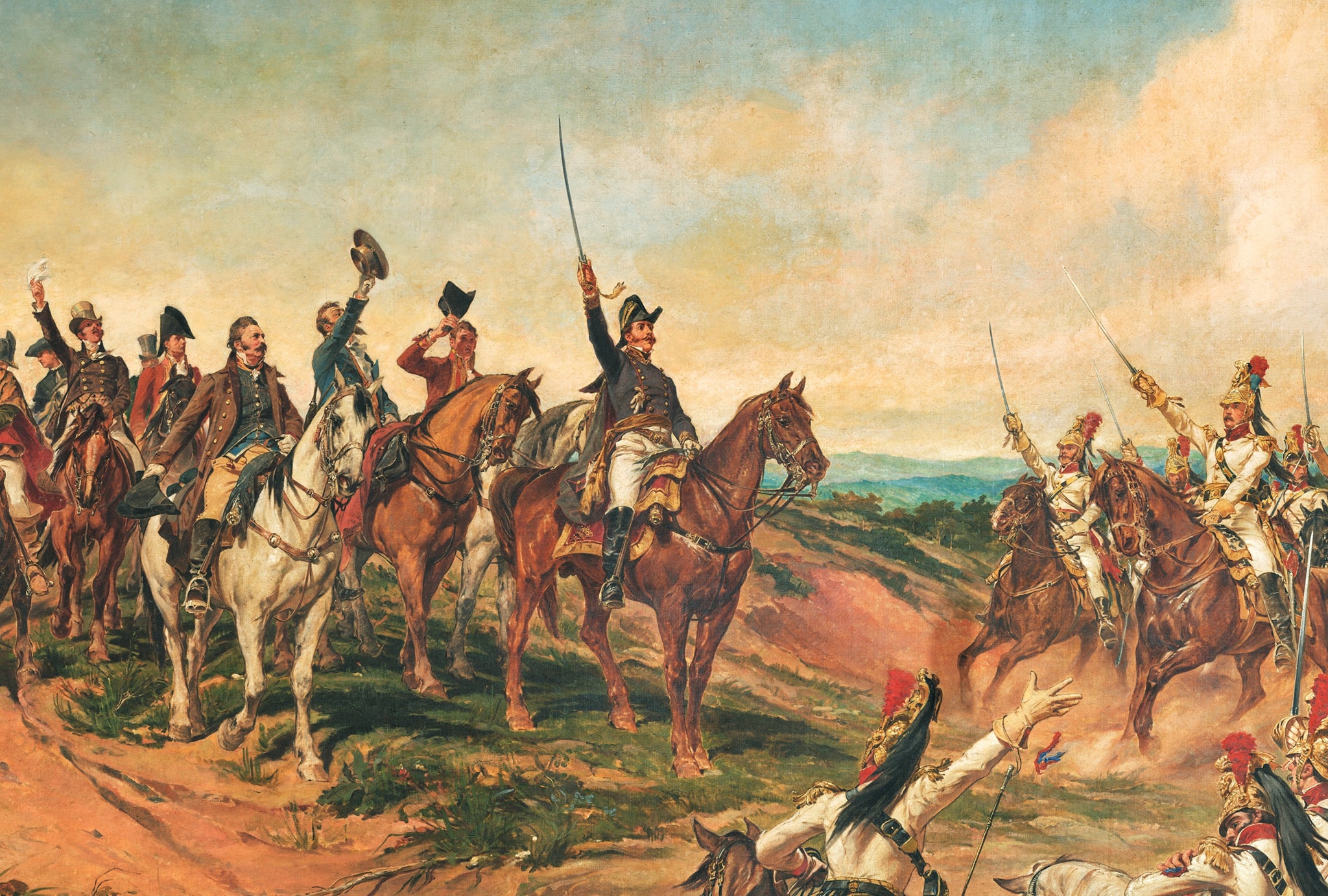On September 7, 1822, on the banks of the Ipiranga River in São Paulo, an important chapter in the history of Brazil was written with the “Cry of Ipiranga.” It was at this moment that Dom Pedro I proclaimed the political independence of Brazil from Portugal, using the memorable words “Independence or Death.” This event marked the end of Portuguese rule in Brazilian territory, becoming a milestone in national history.

The “Cry of Ipiranga,” which occurred on September 7, 1822, was preceded by the “Day of ‘Fico'” on January 9, 1822. On that day, Dom Pedro I refused to comply with the demand from the court in Lisbon to return to Portugal, clearly indicating his intention to prevent the attempt to recolonize Brazil. He proclaimed the famous phrase: “If it is for the good of all and the general happiness of the nation, tell the people that I am staying.” This marked an important step towards Brazil’s political independence from Portugal.
Just a few days before the proclamation of Brazil’s independence, Maria Leopoldina, the wife of D. Pedro and then regent princess, signed a decree on September 2 declaring Brazil’s separation from Portugal. D. Pedro was busy in São Paulo at the time, calming down heated tempers. Maria Leopoldina used her authority as the interim head of the government to convene a meeting with the Council of State, during which the independence document was signed.

Matheus Araújo
Matheus Araújo is the founder and editor of Brazilian History. Born in Rio de Janeiro and holding a degree in Advertising and Marketing, his passion for history led him to enroll at the Federal University of the State of Rio de Janeiro, where he is currently pursuing a degree in History Education.
